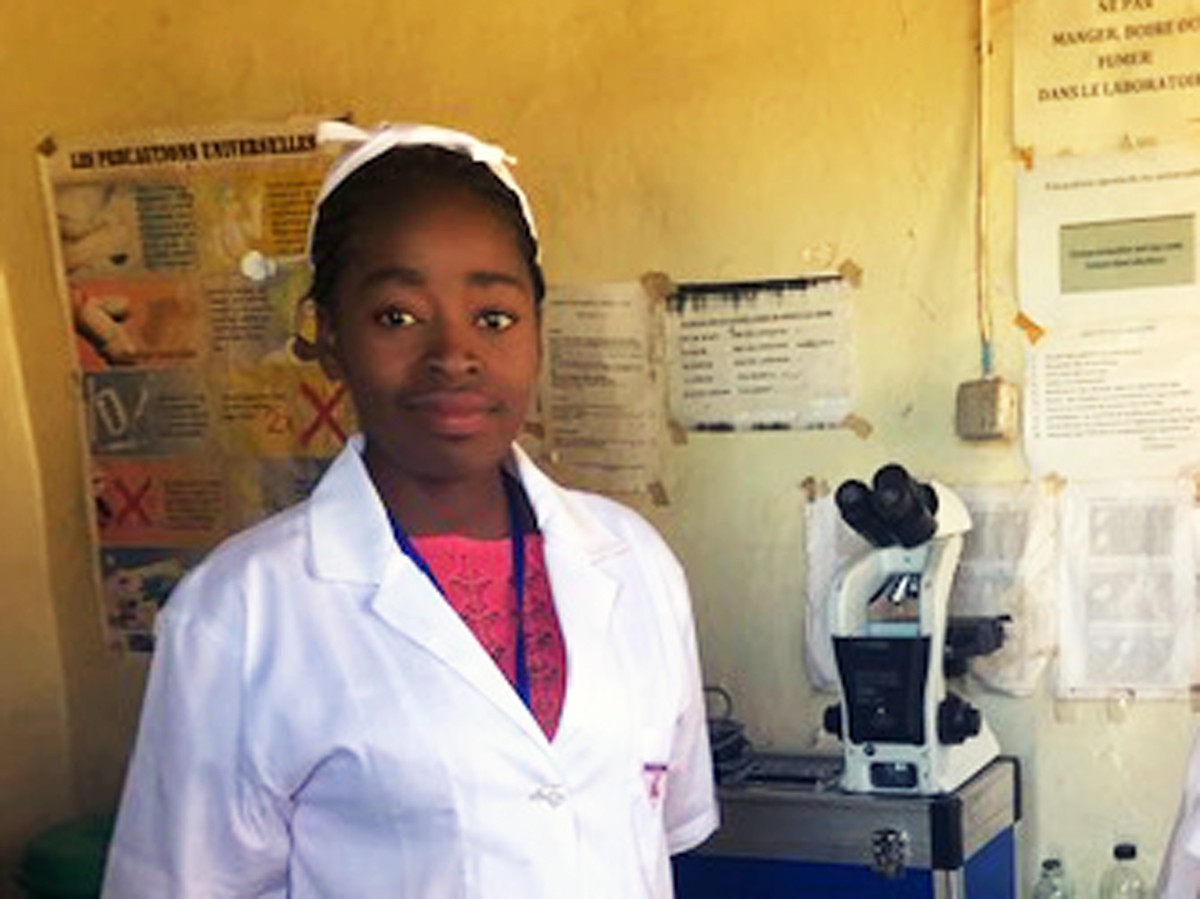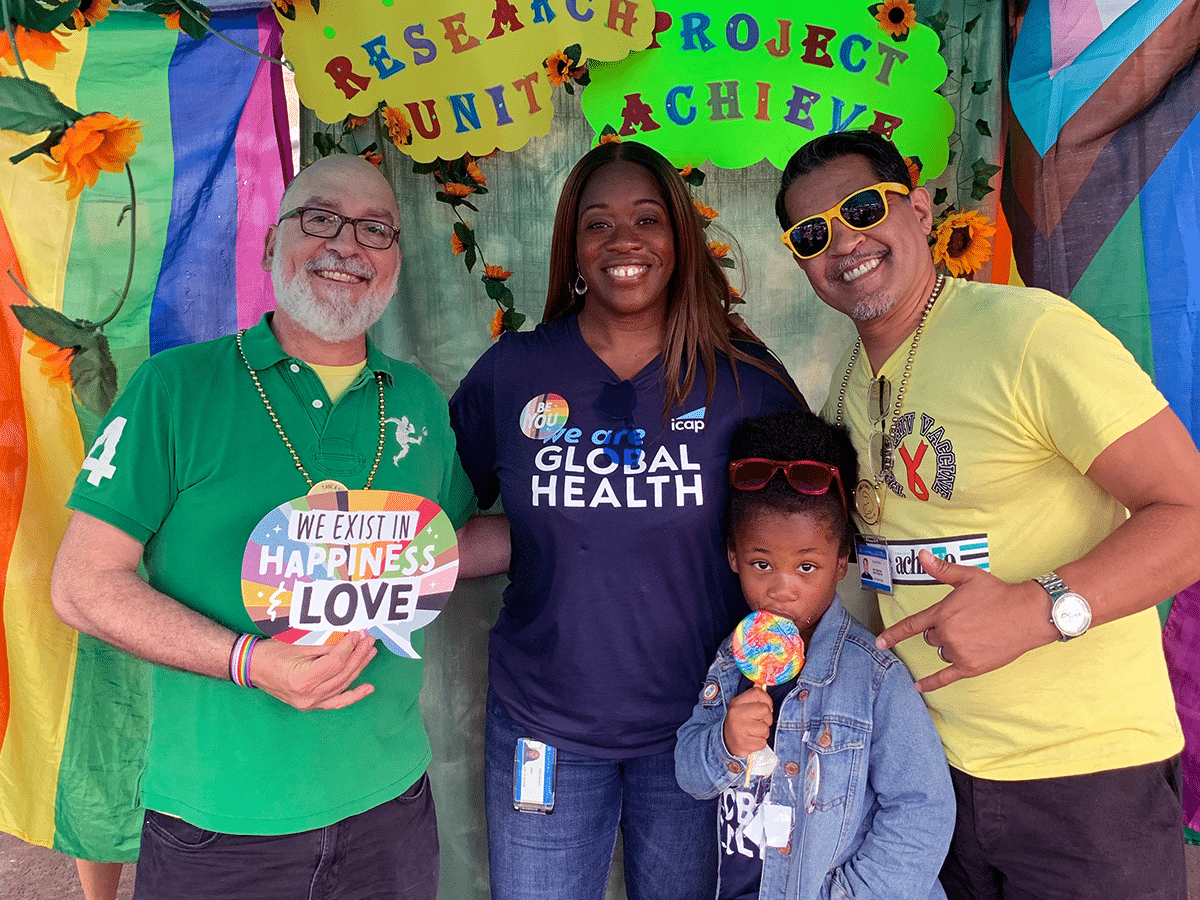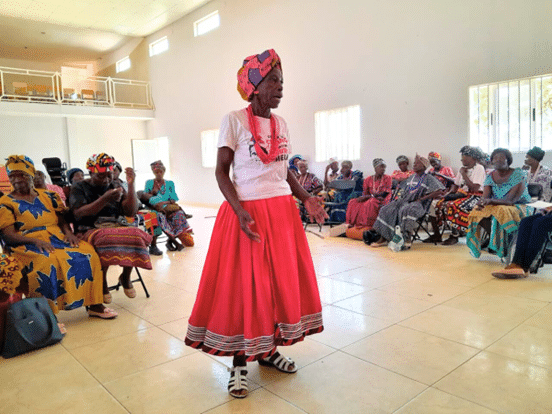Evodie Sakisa Tshilombo is a third-year nursing student at the ICAP-supported ITM Immaculé Lubumbashi School of Nursing and Midwifery in the Democratic Republic of Congo. Through a two-month rural rotational internship, Tshilombo and 33 other students have learned more about caring for people living with HIV than she ever imagined she would.
“Here I have learned to recognize clinical symptoms of HIV, as well as strategies for addressing stigma and discrimination against people living with HIV,” Tshilombo said in an interview. “In urban areas, we are sidelined by practicing in-service nurses.”
However, in rural DRC’s Haut-Katanga region, nursing students are actively encouraged to take up their roles as frontline health workers whom hard-to-reach populations can trust with their health care needs.
The aim of rural rotations is to strengthen HIV service delivery and human resources while supporting the education of nursing and midwifery students on HIV-related care and illnesses. The rotations are part of the five-year Resilient & Responsive Health Systems Initiative (RRHS), funded through the Health Services and Resources Administration (HRSA).
“This project is an excellent partnership where goals under PEPFAR (the U.S. President’s Emergency Plan for AIDS Relief) of controlling the HIV epidemic and the needs of the country to enhance and grow its health workforce and ICAP’s mission of supporting nurse and midwifery education all align,” said John Ngulefac, senior epidemiologist for HRSA.

Priority number one, as outlined in the RRHS policy document, is ensuring a skilled fit-for-purpose-and-practice health workforce that increases the quantity and quality of health services provided in the DRC. According to Ngulefac, the training of nursing students and community health workers is integral to improving HIV patient care services.
IEM Kamalondo, ITM Immaculé, ITM Zaidi, ISTM Lubumbashi Schools of Nursing and Midwifery, and the Unilu Medicine School of the University of Lubumbashi are the five ICAP-supported schools whose students participate in the rural rotation as part of their school curriculum. Nursing and midwifery students do a two- or three-month internship rotation, from February to March, or November to December, depending on the diploma or degree they are pursuing.
Together with their teachers, the students intern with 16 high-volume clinics supported by PEPFAR in rural Haut-Katanga, and are integrated into every stage of the HIV medical care system.
From general community member outreach to engaging patients who have abandoned HIV treatment, the students have more hands-on chances to engage patients.
“I have received good technical assistance and opportunities to put my theoretical knowledge into practice,” says Tshilombo.
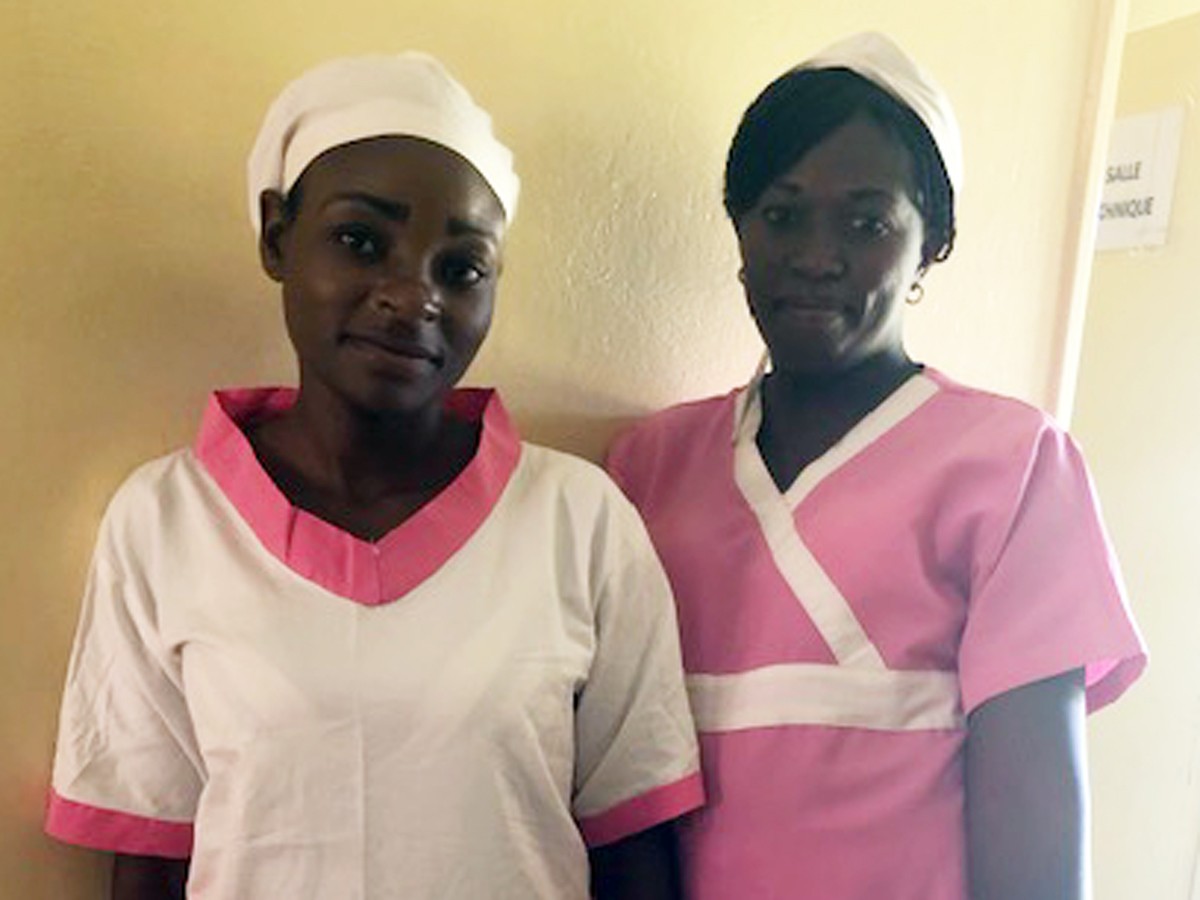
Asnath Tabu Kabika is also a third-year nursing student at ITM Immaculé. She admits she was initially opposed to the idea of living and working in the rural region for her eight-week internship. However, the rural internship has allowed Kabika to work closely with Haut-Katanga community members by testing them for HIV and providing them with post-test counseling. “I have developed an interest in working in rural areas as a result of my experience,” Kabika said.
Elysee Banza Mukala, a second-year midwifery student at ITM Immaculé, also enjoyed her practical experience.
“I managed six deliveries in one month after first observing a few, allowing me to practice,” she says excitedly now that she has learned how to offer prevention of mother-to-child transmission services in Haut-Katanga.
According to Susan Michaels-Strasser, PhD, MPH, RN, FAAN, ICAP’s senior implementation director and associate director for nursing programs, student nurses are given more leadership opportunities in the rural areas. These opportunities, in turn, enable the students to engage the community both inside and outside the clinic in a way the students cannot in a formal hospital setting.
“Nurses in communities have an active role to play in ensuring strong outreach from clinic to community. They can be an important bridge to health services, and change the overall health of the community,” Michaels-Strasser said.
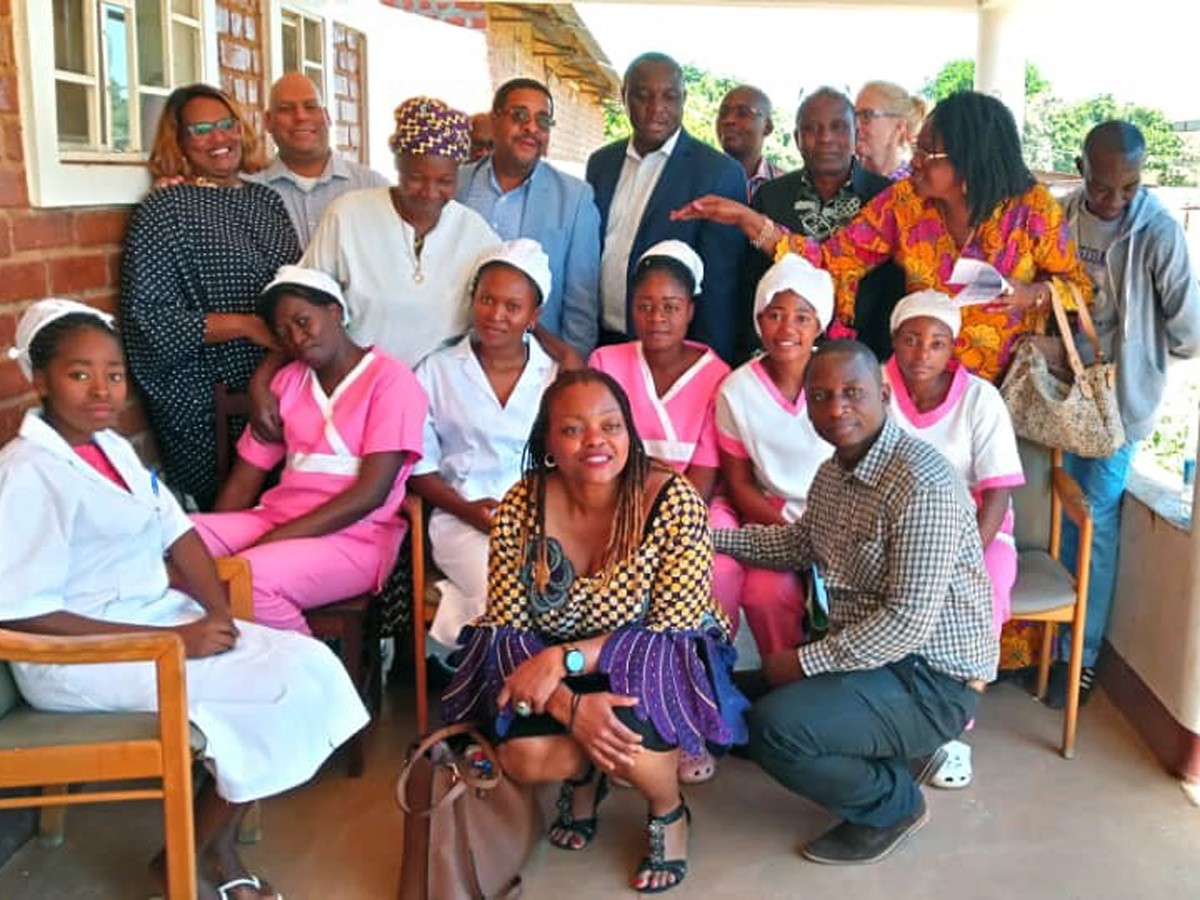
And a change in the overall health of the Haut-Katanga community is precisely why community members have also accepted the student nurses. “The communities are happy and embrace the students,” said Beatrice Lukeni, director of the RRHS project for ICAP in DRC.
“Community members embraced students, and offered to fetch fresh water,” says Daniel Kalamb Musung, Lic. Phil, director at ITM Immaculé. According to him, the rotational internships are helping the nurses to make an impact with care recipients in Haut-Katanga. “There is a spirit of tolerance from the students which drives out the tendency to stigmatize,” he said.
According to Judy Khanyola, former regional nursing advisor for ICAP, nursing students are trained with all the data and information ICAP’s global work on HIV develops. The students then take their knowledge to the community.
“Students are used at every stage of HIV activities, each student contributes toward 90-90-90,” said Ngulefac. Involving students at every stage of the HIV care continuum means nursing and midwifery students like Tshilombo, Kabika, and Mukala are now motivated to contribute their newly learned skills and knowledge to help patients in high HIV prevalence areas like Haut-Katanga.
As the world commemorates the Year of the Nurse and the Midwife, ICAP honors the dedication of the nurses in its own programs and in the everyday lives of patients around the world — emphasizing the outsized leadership role that they should play in delivering health care and shaping health policy. Learn more.
A global health leader since 2003, ICAP was founded at Columbia University with one overarching goal: to improve the health of families and communities. Together with its partners—ministries of health, large multilaterals, health care providers, and patients—ICAP strives for a world where health is available to all. To date, ICAP has addressed major public health challenges and the needs of local health systems through 6,000 sites across more than 30 countries.


